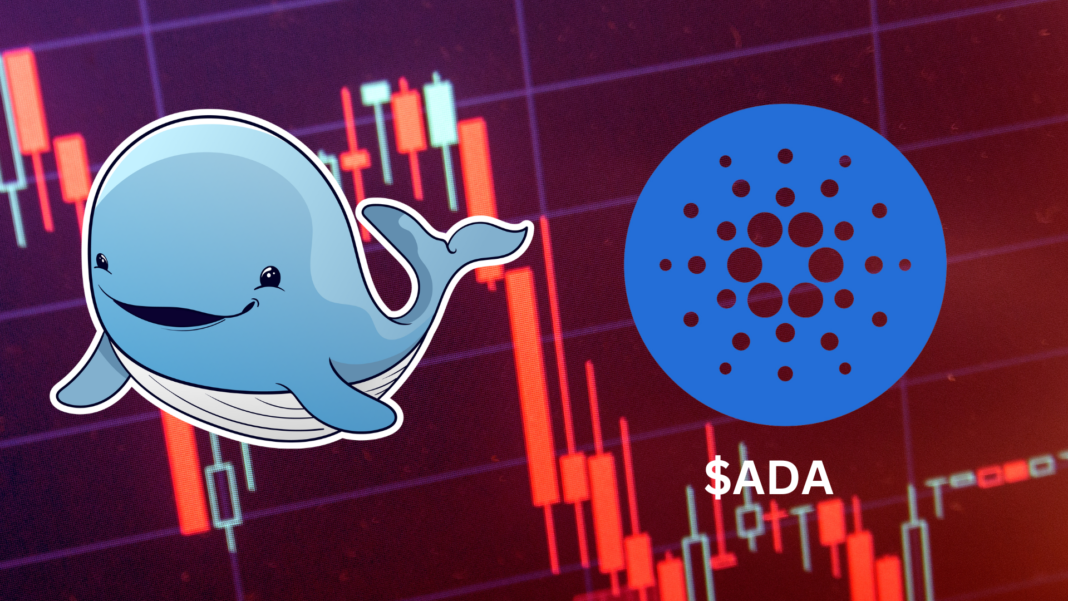Amid ongoing market uncertainty, Cardano’s native token, ADA, is under bearish pressure due to substantial sell-offs by large holders, commonly referred to as whales.
On January 9th, Crypto analyst Ali Martinez highlighted on X (Twitter) that “Whales sold over 70 million Cardano $ADA in the last 48 hours!”
Market Metrics Reflect Growing Concerns
This massive sell-off has taken a toll on ADA’s price, which has dropped over 7% in the last 24 hours. At the time of writing, ADA is trading at $0.9153.
The sharp decline has led the token to breach a critical support level at $0.95, signalling potential further downside in the near term.
The broader market performance for ADA also reflects a bearish sentiment. Its global market capitalization stands at $32.17 billion, while the 24-hour trading volume has declined by more than 26%.
The reduced trading activity indicates waning interest from investors, further exacerbating the negative price movement.
Historical Trends and Whale Behavior
Whale activity has been a consistent driver of Cardano’s market dynamics. In a report last month, Ali Martinez noted that Cardano whales had taken profits as ADA climbed from $1.15 to $1.33.
However, after the token dropped to $0.91, whales began accumulating again, purchasing 160 million ADA tokens since the dip.
The current situation appears to be a reversal of this trend. According to a Santiment report, whales holding between 100,000,000 and 1,000,000,000 ADA distributed coins worth $200 million during the final week of December.
Also Read: Cardano, Avalanche Lead Layer 1 Surge With 27% Gains, ATOM Follows At 20%
Such large-scale selling introduces significant downward pressure on the asset’s price, particularly in a market lacking strong demand to absorb the sell-off.
Impact of Whale Sell-Offs on Prices
When whales offload significant portions of their holdings, it signals reduced confidence in the asset and floods the market with supply. This often leads to a domino effect, as smaller investors may panic-sell, further driving down prices.
The lack of strong buying interest exacerbates this situation, as demand fails to counterbalance the increased selling pressure.
Future Outlook
While the current price action remains bearish, ADA’s ability to recover depends on several factors, including market demand, broader crypto market trends, and whale activity. Historically, whale accumulation after price dips has provided support for ADA, but whether this pattern repeats remains uncertain.
As the market navigates this turbulent period, investors will closely watch whether Cardano’s fundamentals and long-term vision can reignite confidence and stabilize ADA’s price trajectory. For now, the bearish sentiment and whale sell-offs suggest a cautious approach for those monitoring Cardano’s next moves.
Also Read: Cardano Foundation Re-Establishes Control After Unauthorized Access to Platform’s X Account


